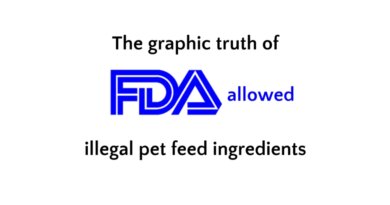Can Dogs Eat Rice? – Whole Dog Journal
The long and the short of it is – yes, dogs can eat rice.
Cooked white rice is traditionally fed to dogs with an upset gastrointestinal (GI) tract because rice is bland and therefore easy on the GI tract. However, some dogs won’t eat it without some cooked plain chicken breast or boiled hamburger added to it.
Cooked without spices or salt, white rice is easy to digest and a good source of nutrition as it contains calcium and vitamins. It is gluten-free for dogs who are sensitive to wheat. Rice also adds fiber, making it an excellent choice for a dog recovering from pancreatitis.
Can Dogs Eat Brown Rice?
Dogs can eat cooked brown rice. Brown rice has more vitamins than white rice, but it can be harder to digest so it is not as easy on an upset stomach.
Brown rice has a lower glycemic index than white rice, making it a better for diabetic dogs as it won’t influence blood glucose as much. Jasmine rice is also fine for dogs.
What You Should Know About Dogs and Rice
Rice needs to be cooked plain without adding spices or salt. While your dog might be attracted to fried rice, it is not healthy for him. If your dog turns his nose up at plain rice, try adding some low salt bouillon to the cooking water.
You should only use a combo of rice and boiled chicken or hamburger short term for gastrointestinal upsets as it is not a balanced diet.
All types of rice are considered “high carb,” so should not be overfed as it could cause weight gain in dogs. The carbohydrates also can contribute to blood glucose spikes, which can be dangerous for diabetic dogs.
Many dog foods include rice as part of their balanced formulas. It is a good grain substitute for dogs with gluten problems, such as Irish Setters with their gluten enteropathy. Some dogs don’t handle rice well. Plain mashed potato – emphasis on “plain” – can work for those dogs who need a bland diet.





